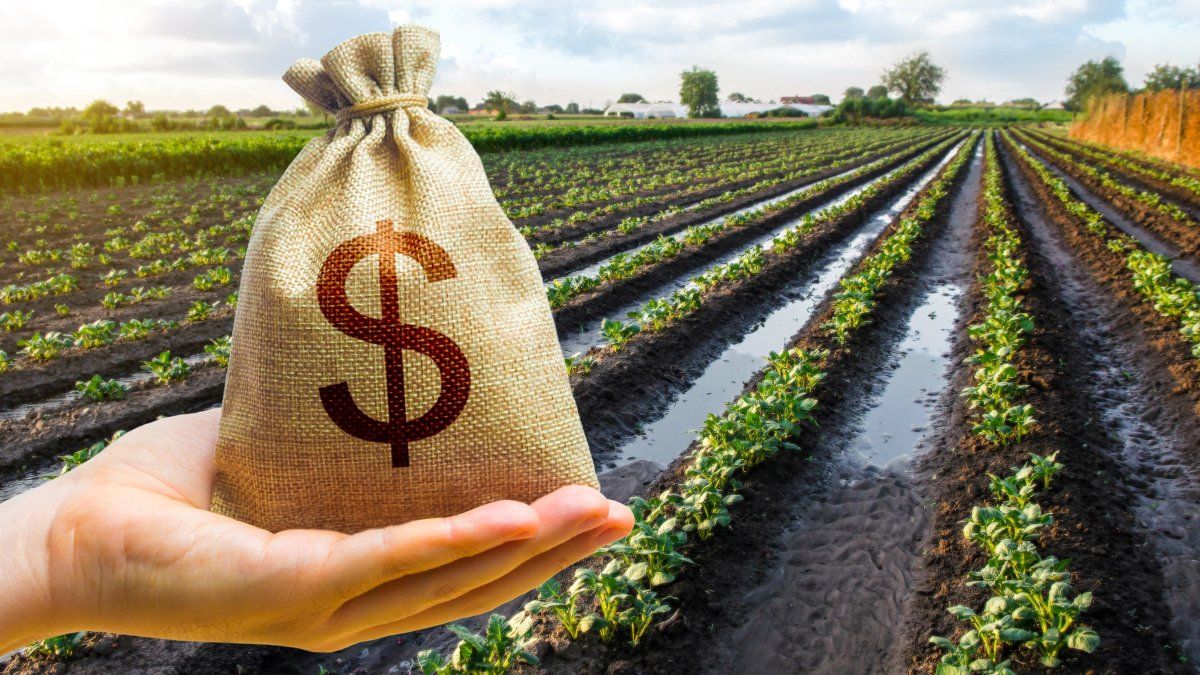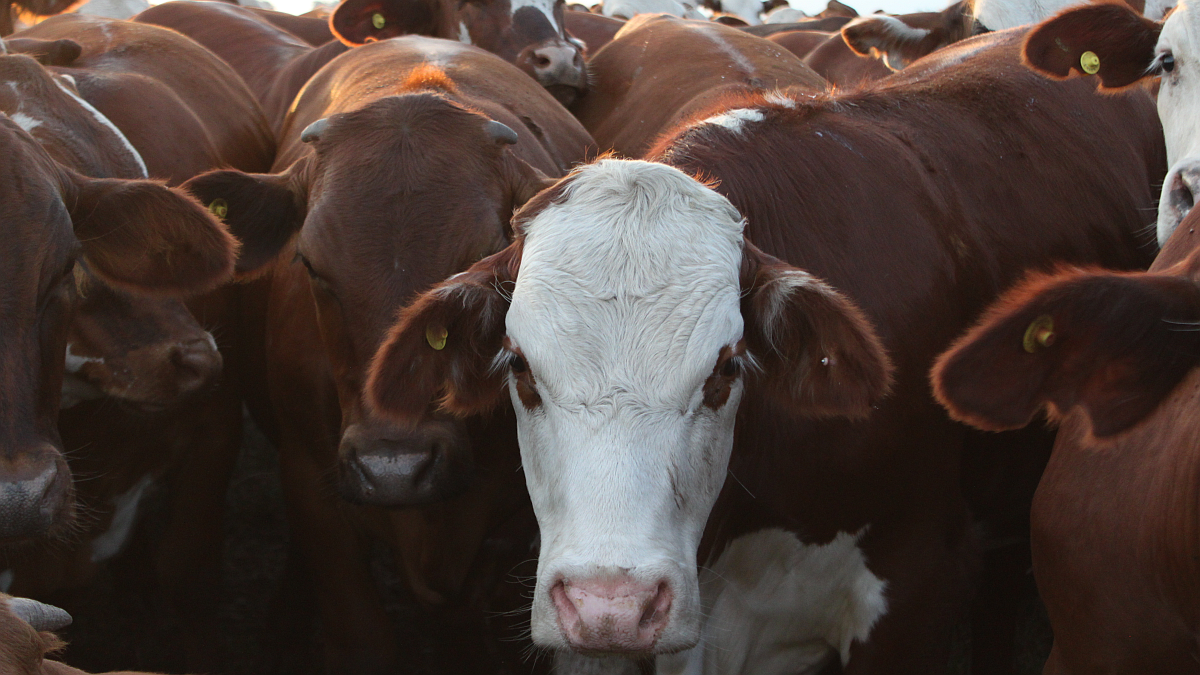The National Government formalized this Thursday, through Decree 526/2025 published in the Official Gazette, the Permanent reduction in export rights (DEX) For a series of Key agroindustrial products. The decline in withholdings, anticipated by President Javier Milei during the official inauguration of the Rural Exhibition of Palermo last Saturday, reaches the meat Novillo vaccine, aviar meat and different grain chain crops.
The resolution, which bears the signatures of the president, the chief of Cabinet Guillermo Francos and the Minister of Economy Luis Caputo, It establishes new aliquots that will take effect this Friday.
Among the main modifications, the following new aliquots stand out:
The justification of the measure
With these reductions, the Executive seeks to “provide greater competitiveness to one of the most dynamic productive sectors in the country” and consolidate a policy based on “clear rules, macroeconomic stability and commercial openness.”
The Government argues that the reduction of these taxes is possible thanks to the economic results obtained for 2024 and the first semester of 2025, a period in which agroindustrial exports experienced significant growth.
According to official data included in the decree, during 2024 the volumes exported of agroindustrial products grew a 56% and the value of exports increased a 26%. Only last June, the exported wheat tonnage uploaded a 29%the sunflower a 26%and corn and soybean oil a 4%.
The official text also recalls that retentions for regional economies, dairy, pig meat and some categories of vaccine meat have already been eliminated.
Among the foundations, the decree emphasizes that the agro -industrial sector generates exports for near US $48,000 million annuallyof which the 75 % It corresponds to the chains of grains and meats.
Expectation of currency income and sector reactivation
The Rosario Stock Exchange (BCR) projects that Argentine agricultural production could reach 172.3 million tons around 2035which would imply a growth of 8% regarding previous estimatesdriven by the elimination of the exchange gap and the reduction of retentions aliquots.
According to the entity, these conditions will allow producers to access a “Dollar Cash”that is, an exchange rate close to the full value of the FOB price (free on board), which significantly improves export profitability. With this new scheme, export income could be placed in levels comparable to those registered between 2016 and 2018the highest since 2012.
In addition to the direct impact on agriculture, from the BCR anticipate a multiplier effect on the economy, since a rebound is expected in complementary sectors such as the load transport, demand for financial supplies and services, collection, conditioning and other logistics and commercial intermediation activities associated with the agro -export chain.
In the immediate plane, the measure also seeks Unlock the commercial operation that is virtually braking since Junewhen the temporary reduction of withholdings implemented at the beginning of the year by the Minister of Economy, Luis Caputo. According to market estimates, there are still US $11,000 million without liquidationwhich represents a key volume for currency entry.
However, analysts of the Argentine Agroindustrial Development Institute (IDAA) warn that the New permanent scheme could moderate the sales pace: “There is no deadline to take advantage of retentions, as happened with temporary schemes, this incentive to accelerate the liquidation is lost.”
Source: Ambito




